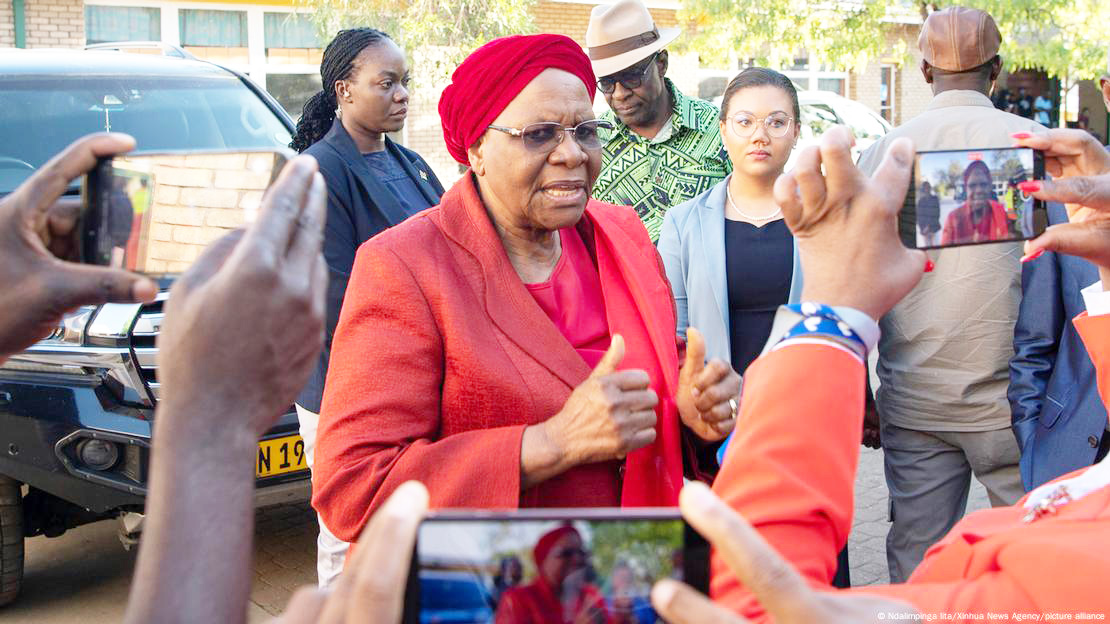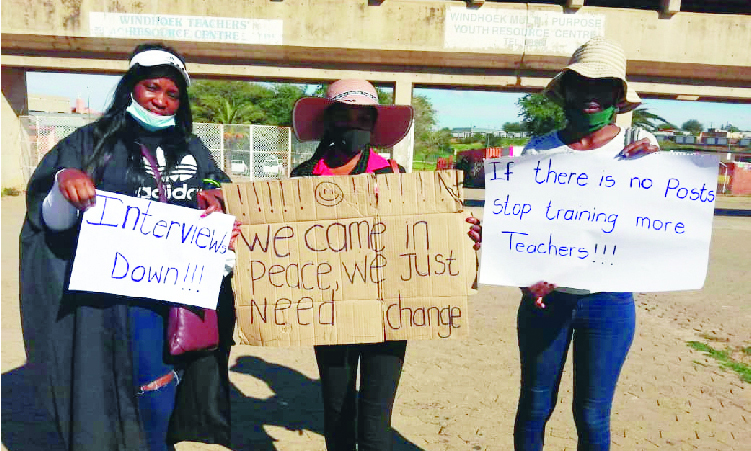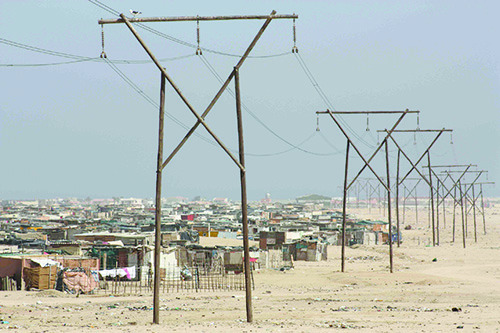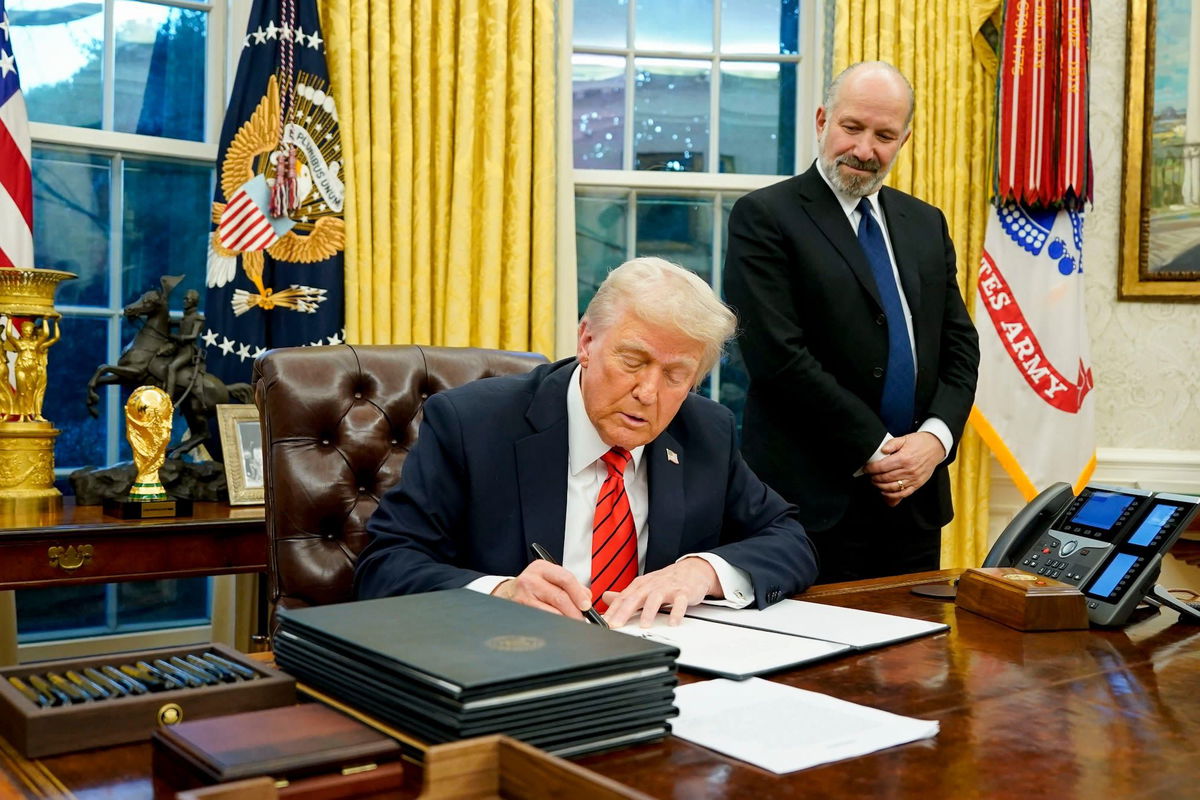With Ghanaian vice president Jane Opoku-Agyemang and Namibia’s president-elect Netumbo Nandi-Ndaitwah assuming high governmental positions in their respective countries, it seems the tide is turning towards more women across Africa holding politically powerful roles.
Other sub-Saharan African prime ministers include Togo’s Victoire Dogbe, Namibia’s Saara Kuugongelwa-Amadhila, Uganda’s Robinah Nabbanja, and the Democratic Republic of Congo’s Judith Suminwa.
Namibia’s president-elect and prime minister are both women.
This is notable given that the five most common ministerial posts previously held by female Cabinet members were for women and gender equality, family and children affairs, social inclusion and development, social protection and social security, and indigenous and minority affairs.
RWANDA LEADING THE MOVEMENT
According to the United Nations Women’s division, only a few countries in the world have 50% or more women in their single or lower houses of parliament, with Rwanda leading globally at around 60%.
Other countries on this list include Cuba, Nicaragua, Andorra, Mexico, New Zealand, and the United Arab Emirates.
Rwanda’s progress was spurred by special measures, starting with the 2003 constitution that set a 30% quota for women in elected positions. Political parties also adopted their own voluntary quotas for women candidates on party lists.
‘ALMOST CRAZY’ TO RUN
But there are still serious obstacles. In many countries, women face discrimination, patriarchy and misogyny.
Kenyan political analyst Nerima Wako-Ojiwa told DW that, in her country, the steep financial capital needed to run an election campaign and the social stigma attached to becoming a career politician discouraged many women from standing for political office.
“A lot of men who enter politics are businessmen, and they run their own businesses or they will have their friends support their campaign,” she says.
She adds that women have faced being disowned by family, and many face online and physical harassment.
“The impression that politics has is that you have to be some [certain] type of woman, almost crazy, and almost, in a sense, iron-tough to be able to vie [for power],” she told DW.
“Women are not trusted to be in the highest position of governing the country. So one of the challenges is [the] people who still have that perspective of no women in higher positions,” says Tanzania Media Women’s Association executive director Rose Reuben.
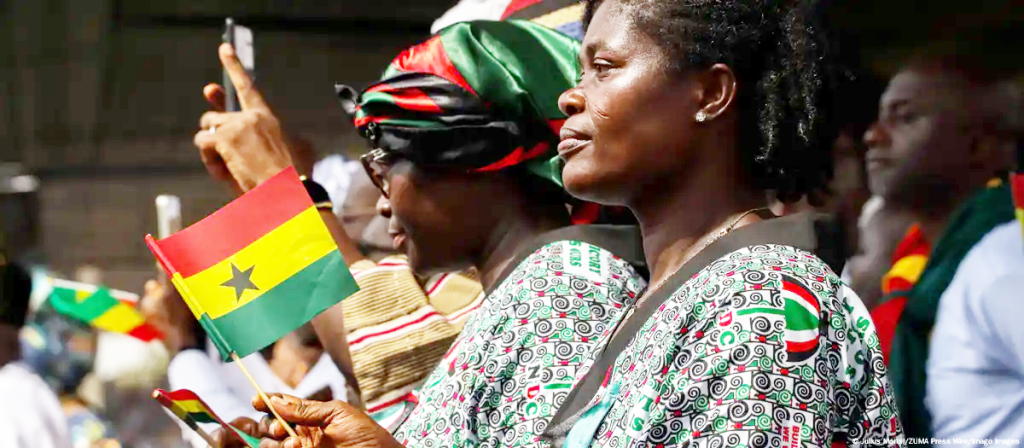
MIXED PICTURE FOR WOMEN’S REPRESENTATION IN POLITICS
The World Economic Forum’s Global Gender Gap Report 2023 indicates that Rwanda, along with other sub-Saharan African countries like Namibia and South Africa, has closed more than 70% of the overall gender gap. This places them ahead of regions like South Asia, the Middle East and North Africa.
Meanwhile, the Democratic Republic of Congo, Mali, and Chad are the lowest-performing countries, with scores below 62%.
Despite some achievements across Africa, the UN Women’s division states that at the current pace worldwide, “gender equality in the highest positions of power will not be achieved for another 130 years” and more still needs to be done to involve women in government.
A TANZANIAN SHOWDOWN
President Samia Hassan hopes to lead Tanzania again as the Chama Cha Mapinduzi (CCM) candidate in October’s general elections. This time, two women will face off against each other.
Dorothy Semu will represent the Alliance for Change and Transparency Wazalendo.
“Women have vied for this position, but most of them were coming from opposition parties. This is the first time that CCM has a woman who is going to this position, so it is a milestone,” she told DW.
The 65-year-old leader became president after John Magufuli’s death in 2021. Suluhu’s tenure began with optimism, pledging to reverse many of Magufuli’s controversial policies.
However, she drew criticism during last year’s local election for frequent arrests, abductions, and killings of opposition politicians.
According to Reuben, the CCM has evaluated and monitored Hassan’s leadership, and believes she is the CCM’s best chance of retaining the presidency.
CHALLENGES WITH GHANA’S ELECTORAL SYSTEM
In West Africa, Ghana’s candidate-centred electoral system has been criticised as “woman unfriendly.”
However, the country finally signed an affirmative action bill into law in 2024, before the December elections, aiming to increase female political representation to 30% by 2030. The gender equality bill had been in the making for nearly 30 years.
Many analysts and activists believe the law is long overdue, as women have long held fewer positions in decision-making bodies.
Mavis Dome, a research analyst at the Ghana Centre for Democratic Development, told DW the bill provides legal backing for enforcing women’s participation in political space, political life, decision-making and governance.
Ghanaian president John Mahama has appointed 42 ministers, with only seven of them being women, sparking mixed reactions. But the election of the country’s first female vice president, could bring hope for future changes.
Dome believes this is a big milestone for Ghana because “it indicates that we are making some progress,” and opens the door “for more women to get into the political space.”
Especially since over the years, Dome notes, Ghana had made little headway when it came to female participation in governance, electoral representation, and parliament.
This is despite a recent Afrobarometer survey showing that over 70% of Ghanaians believe women should have the same opportunities as men to be elected into political office, and women should enjoy equal rights.
To encourage women to run in constituencies, Dome says political parties need to be “intentional about women being their candidates” and there also needs to be a “political will” to make space for women.
Edited by: Cai Nebe
*DW
Stay informed with The Namibian – your source for credible journalism. Get in-depth reporting and opinions for
only N$85 a month. Invest in journalism, invest in democracy –
Subscribe Now!




